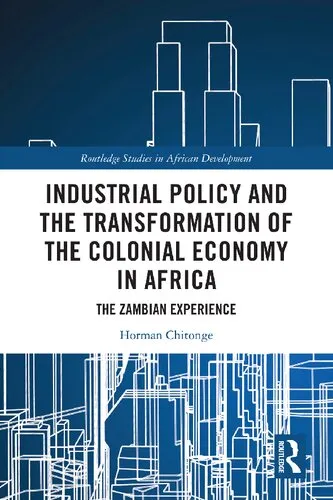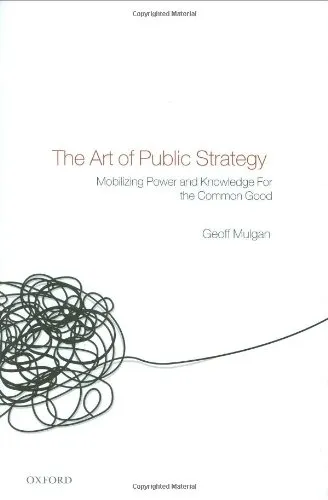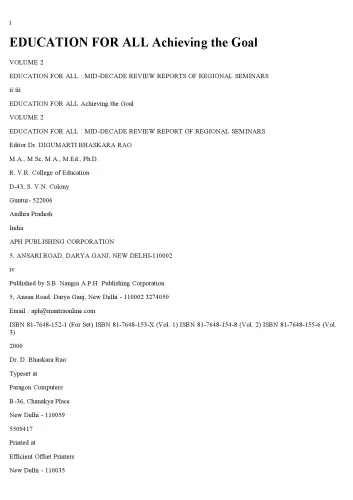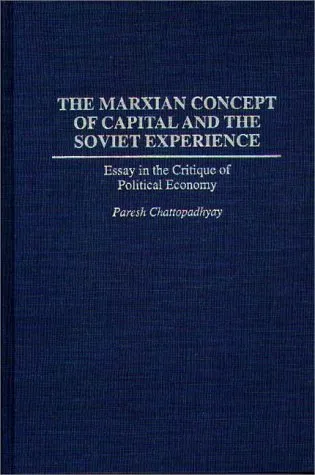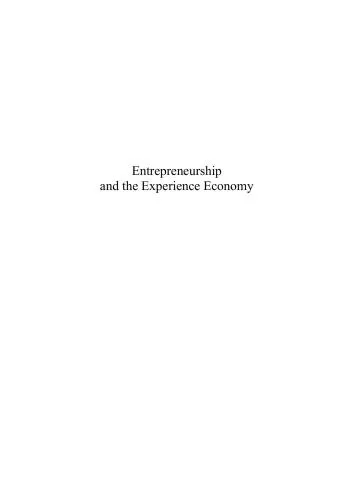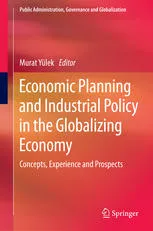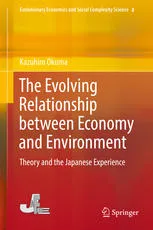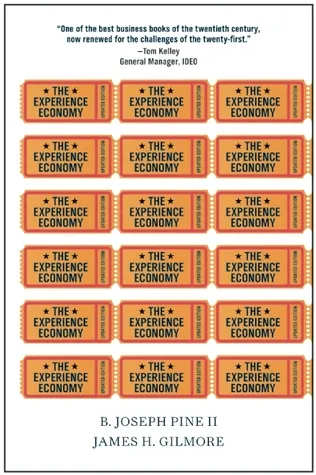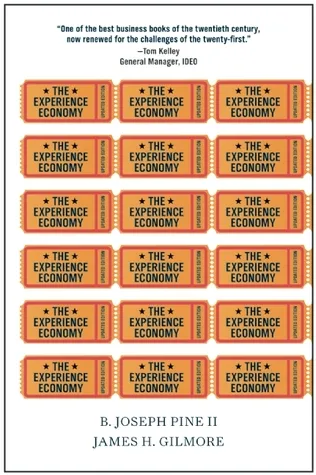Industrial Policy and the Transformation of the Colonial Economy in Africa: The Zambian Experience
4.9
Reviews from our users

You Can Ask your questions from this book's AI after Login
Each download or ask from book AI costs 2 points. To earn more free points, please visit the Points Guide Page and complete some valuable actions.Related Refrences:
Introduction
In "Industrial Policy and the Transformation of the Colonial Economy in Africa: The Zambian Experience," we delve into the profound economic transitions that Zambia has undergone since gaining independence. This exploration is anchored in understanding how industrial policies have shaped Zambia's economic landscape, assessing their impacts, and considering lessons for broader African economic contexts. The book presents an in-depth analysis of the roles that colonial legacies and post-independence policies have played in steering Zambia's economic trajectory.
Detailed Summary of the Book
The book begins by charting the historical context of Zambia's economy, from its colonial roots to modern-day challenges. It provides a comprehensive examination of the industrial policies that have been implemented over the years and evaluates their effectiveness in transforming Zambia from a resource-dependent economy to a more diversified and industrialized entity.
Key discussions include the colonial economy's structure, characterized by extractive industries focusing primarily on copper mining. The narrative progresses to highlight how these colonial economic structures have persisted post-independence, posing challenges to economic transformation.
Further, the book scrutinizes Zambia's policy shifts, from liberal economic frameworks to more state-driven strategies, drawing attention to significant policy documents and programs aimed at fostering industrial growth. Emphasizing economic diversification, regional integration, and industrialization, these policies have been central to Zambia's economic planning.
Overall, this book not only assesses the successes and failures of these policies but also positions Zambia's experiences within the larger African context, suggesting pathways for sustainable economic growth across the continent.
Key Takeaways
- The continuity of colonial economic structures has been a significant barrier to industrial transformation in post-independence Zambia.
- The role of industrial policies is crucial in steering economies from resource dependency towards diversified industrialization.
- Zambia's journey offers valuable lessons for other African nations on balancing liberal economic reforms with strategic state intervention.
- Sector-specific policies, particularly in mining and agriculture, have broader implications for industrial development.
Famous Quotes from the Book
"Zambia's struggle to diversify its economy is not merely a local issue but a continental dilemma, one rooted in the enduring shadows of colonial economic frameworks."
"Industrial policy is not a relic of the past but a dynamic tool with the capacity to redefine the future of African economies."
Why This Book Matters
This book is an essential read for scholars, policymakers, and anyone interested in the economic development of Africa. By focusing on Zambia, it provides a case study of the broader African struggle against the constraints of colonial economic legacies. It proposes actionable insights and strategic frameworks that can inform future industrial policies aimed at sustainable growth and economic resilience across the continent.
Understanding the importance of effective industrial policies becomes ever more critical as Africa stands on the cusp of transformative economic changes, marked by technological advancements and shifts in global trade dynamics. This book invites readers to re-examine existing economic narratives and consider new possibilities for the continent's economic future.
Free Direct Download
You Can Download this book after Login
Accessing books through legal platforms and public libraries not only supports the rights of authors and publishers but also contributes to the sustainability of reading culture. Before downloading, please take a moment to consider these options.
Find this book on other platforms:
WorldCat helps you find books in libraries worldwide.
See ratings, reviews, and discussions on Goodreads.
Find and buy rare or used books on AbeBooks.
1620
بازدید4.9
امتیاز0
نظر98%
رضایتReviews:
4.9
Based on 0 users review
Questions & Answers
Ask questions about this book or help others by answering
No questions yet. Be the first to ask!
